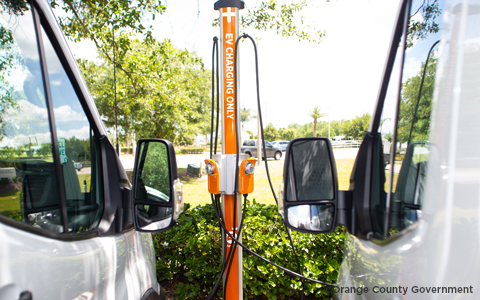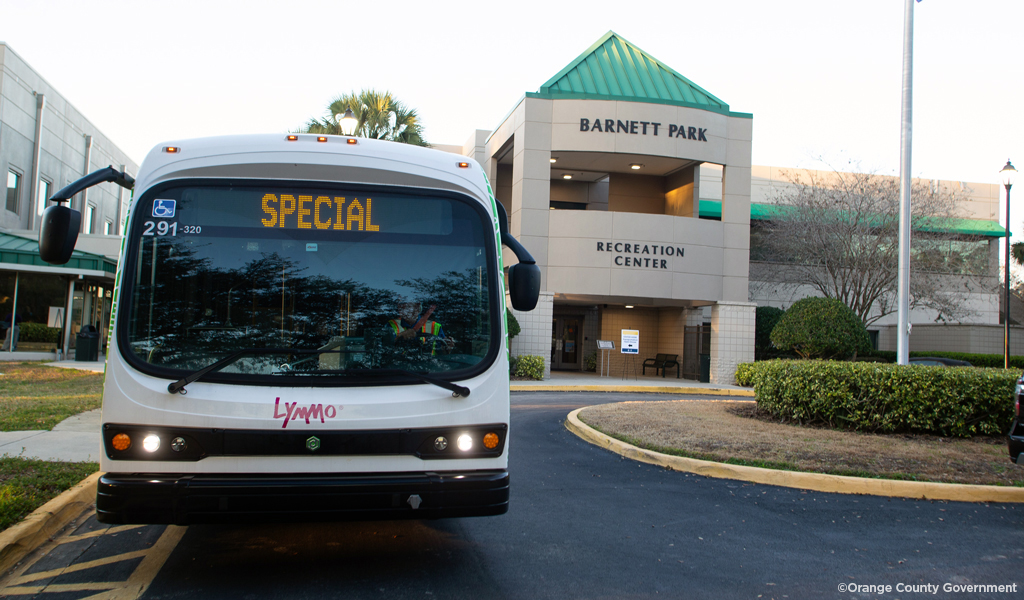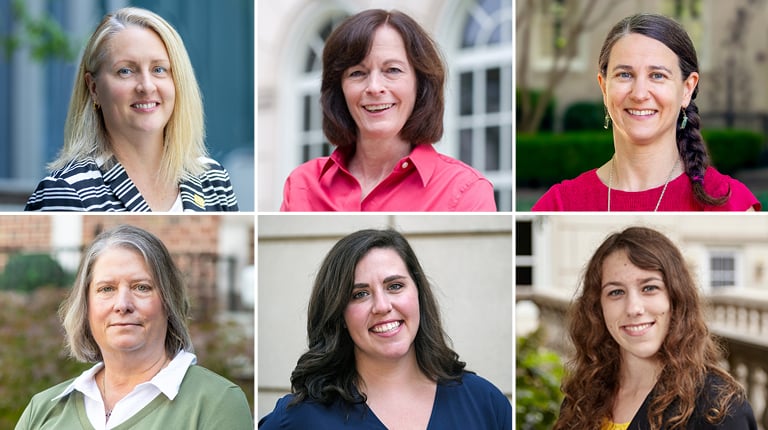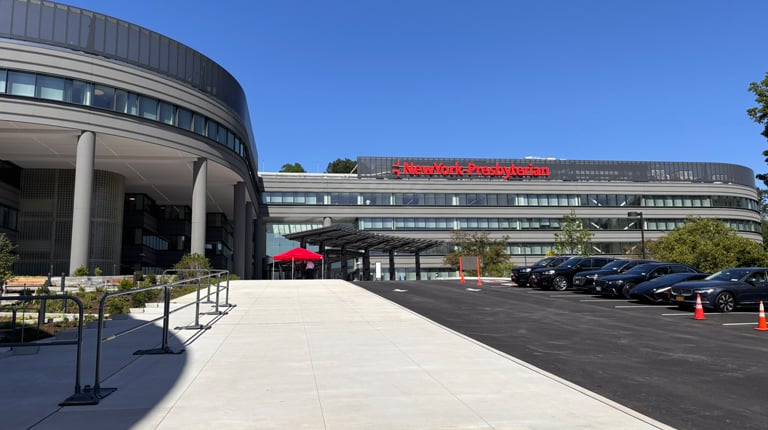
The Infrastructure Investments & Jobs Act (IIJA) is providing $5 billion for states to implement a national electric vehicle (EV) charging network, with the goal of making EV charging accessible to all Americans. VHB is helping Orange County, Florida, which is known for its leadership in sustainability, prepare for widespread implementation at the local level with an EV master plan that elevates equity and collaboration among public and private stakeholders. The Orange County Mobility Hub and EV Feasibility Study will help build a regional network of EV charging stations along major travel corridors in the Sunshine State and offer greener options for travelers and commuters.
Approximately $200 million of the national EV charging network investments are slated for Florida. Cities and counties that prepare now will be in the best and most competitive position to pursue federal funds for construction. The Orange County Mobility Hub & EV Feasibility Study is an initiative of the Orange County Sustainable Operations & Resilience Action Plan and the Regional E-Mobility Roadmap. Since 2010, Orange County has been recognized for its leadership in EV infrastructure and planning; its automotive fleet includes both electric and hybrid vehicles. An integrated team of VHB smart community and urban planning, technology, transportation, and energy professionals are providing insight on the new Mobility Hub & EV Feasibility Study. This study includes site planning and conceptual plans for parking and power supply equipment for an expected influx of EV charging stations at multiple levels and locations to meet expected demand.
While evaluating high priority sites for EV infrastructure, VHB is helping the County identify future mobility hub locations. Mobility, or transit, hubs are places that connect people with multi-modal transportation, rideshare pick-up access, micro mobility rentals, other community-focused amenities. Developed with flexibility, placemaking, and access to opportunity in mind, mobility hubs improve access to public transportation and aggregate and improve rider mobility options. VHB’s mobility hub studies utilized a geospatial and statistical analyses and stakeholder engagement to explore hub locations throughout the County.
Orange County’s vision for mobility hubs equipped with EV charging stations will not only meet the need for daily charging needs of residents but also serve a broader audience of regional travelers on busy corridors like Interstate 4.

“While many single-family homeowners can install an EV charger in their garage, we must also consider equitable access for people residing in different housing,” said Curt Ostrodka, Director of Smart Communities. “For example, locating EV charging units at multifamily housing units incentivizes renters to invest in electric vehicles, which reduces greenhouse gas emissions and dependence on fossil fuels. Smart communities like Orange County are using data and technology to identify gaps in the existing EV charging network and provide equitable access to all.”
EV feasibility studies assist local governments, utility providers, and private industry to be ready to respond to federal grants for infrastructure investments with strong proposals that are backed by research, rigorous criteria, and co-created by community residents and agency partners.
“Transportation makes up 36 percent of Orange County's greenhouse gas emissions. Our vision of Mobility/EV hubs brings services together that connect residents, visitors, and leverage some of the federal and local electrification funding to meet our vehicle emission reduction goals to maintain good air quality,” said Jeff Benavides, Chief Sustainability & Resilience Officer, Orange County.
VHB’s strong relationships with public and private transportation partners across the region like MetroPlan Orlando, FDOT, Lynx, Duke Energy, and Orange County Utilities helped the team assess comparable EV charging stations and infrastructure to facilitate equitable, reliable access in reducing carbon emissions and reliance on fossil fuels for all.
“VHB is in a great position to help communities like Orange County prepare for a massive investment in the buildout of electric vehicle infrastructure across the U.S. because of the partnerships we have in place with transportation, energy, real estate, institutions, and government markets,” said Kris Dramby, Energy Market Leader. “It’s a proactive response that communities can take right now to be more resilient and prepared for economic and social changes brought on by climate change.”
For more information about helping your community prepare for electric vehicles, contact Curt.


